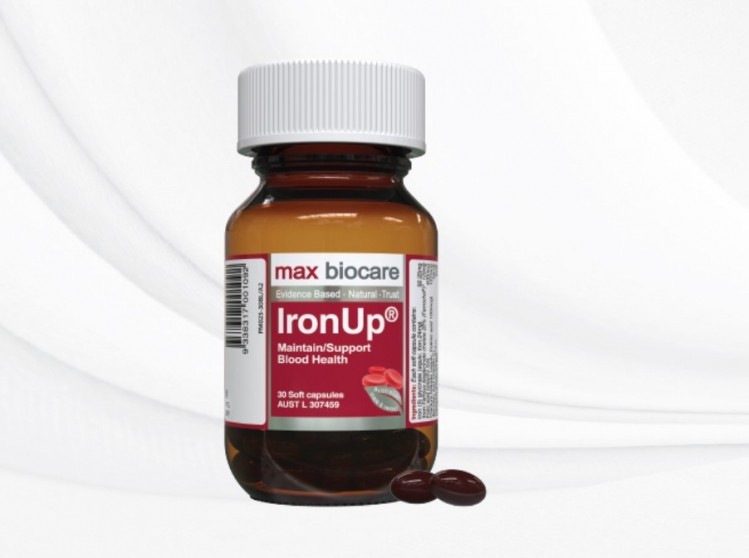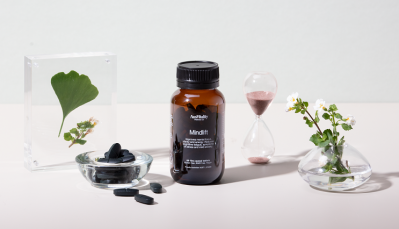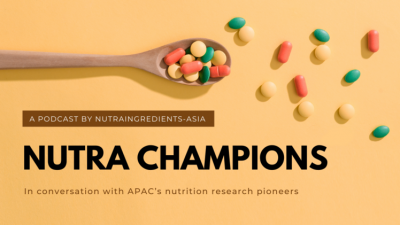Max Biocare’s iron supplement performs comparably with standard deficiency treatment for pregnant women – Clinical study

The supplement by the Australian company comes in a soft gel capsule containing iron in the form of ferrous bisglycinate (equivalent to 24mg iron), folinic acid and other vitamins (B1, B2, B6, B9, B12 and C)
Iron is important in developing the central nervous system and hematopoietic tissues in foetus, and the current public health strategies involve supplementation with mineral forms such as ferrous sulfate, or fortifying foods with purified iron. However, there are often gastrointestinal side effects of these forms of iron for pregnant women.
So in this study, funded by Max Biocare, researchers from Thailand and Australia found that IronUp can improve iron status in pregnant women with iron deficiency, with fewer side effects than the standard treatment of ferrous fumarate (equivalent to 66 mg of iron) and multivitamins.
“The commercial product may be considered feasible for clinical and nutritional strategies to manage iron deficiency during pregnancy, reaffirming the need for more efficient iron delivery and consideration of physiological aspects of iron homeostasis rather than simply titrating levels or frequencies,” they wrote in Nutrients.
Study design
A total of 120 pregnant women were recruited at the Antenatal Care Clinic of the Health Promotion Hospital in Thailand.
They had iron deficiency (serum ferritin < 30 µg/L) but otherwise healthy with no gestational diabetes or gastrointestinal disorders.
The subjects were between 12 to 16 weeks of gestation. They were randomly allocated into the test or control group.
Test group received IronUp (24mg of iron), while control group received 24mg of iron, taken daily for six months.
Blood samples were collected at baseline, 3-, and 6-month to measure fasted iron absorption, serum hemoglobin, erythrocyte and reticulocyte counts, ferritin, and high sensitivity C-reactive protein concentration.
Subjects were also questioned on the frequency of side effects, quality of life, and newborn weight.
Iron absorption was assessed by measuring fasted serum iron levels at 1 and 2 hour immediately after supplementation.
Findings
Results revealed both groups saw a significant increase in serum iron, however the increase in the test group was higher than in the control group at each timepoint.
For blood markers, both groups showed a significant increase in serum hemoglobin, erythrocyte and reticulocyte counts and ferritin, but the test group increase was larger than the control group at both the 3 and 6-month timepoints.
The test group reported significantly fewer reports of nausea, abdominal pain, bloating, constipation, or metallic taste.
In both groups, a small decrease in quality of life index was reported at 3 and 6-month, however this observation was less pronounced in the test subjects versus control subjects. It is unknown if the score was related to pregnancy in general or the iron treatment. “We did not control for any other variables that may have impacted on quality of life during pregnancy,” researchers said.
In terms of newborn weight, there was a significant increase in newborn weight for the test group, compared to the control group.
These results suggest that IronUp improves hematological parameters, iron absorption, quality of life, higher newborn birthweight, and have fewer side effects in iron-deficient pregnant women compared to the standard ferrous fumarate, even though IronUp had a lower iron dose at 24mg compared to 66mg.
However, researchers also acknowledged several limitations of their study, including no food intake record to analyse iron contribution from the diet. They also did not measure vitamin status, “so we cannot conclude on how these vitamins may have contributed to the improvements observed in iron status.”
This study was a randomised controlled trial, so subjects were not blinded, another limitation of the study.
Source: Nutrients
https://doi.org/10.3390/nu14030452
“Efficacy and Safety of Ferrous Bisglycinate and Folinic Acid in the Control of Iron Deficiency in Pregnant Women: A Randomized, Controlled Trial”
Authors: Akkarach Bumrungpert, et al.















